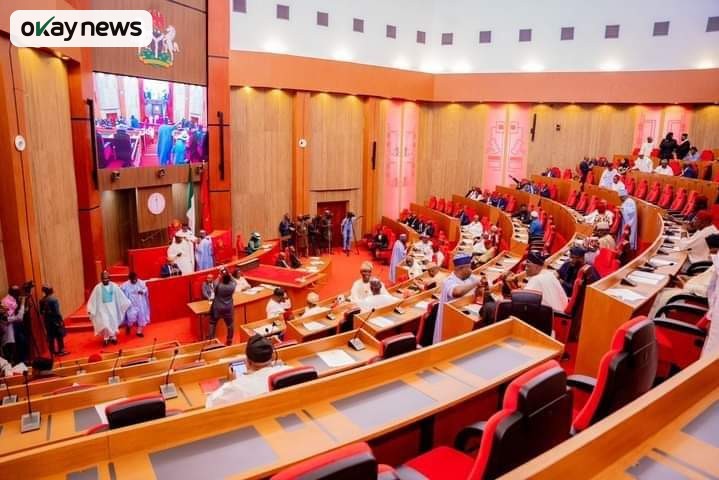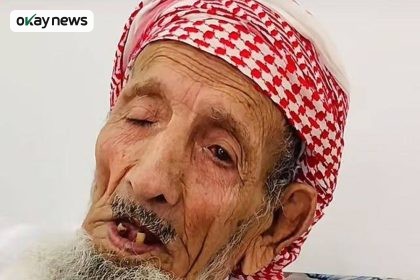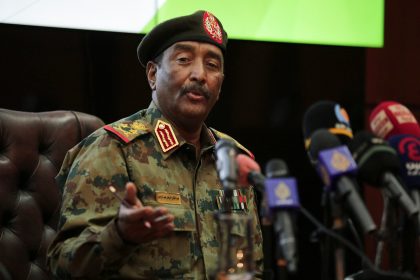The Nigerian Senate has intensified calls for President Bola Ahmed Tinubu to approve the recruitment of 100,000 new military personnel to strengthen the country’s fight against insurgency, banditry, and the rising cases of school abductions. Lawmakers also demanded a thorough investigation into the Safe School Programme, raising questions about the utilisation of funds allocated to protect educational institutions.
The urgent discussions were prompted by the attack on Government Girls’ Secondary School, Maga, in Kebbi State, where gunmen killed the vice principal and abducted 25 students.
During plenary, Senator Adams Oshiomhole representing Edo North led the charge, emphasizing the need for a strategic expansion of the armed forces. Okay News reports that the session became particularly intense as senators debated the growing insecurity across Nigeria.
Oshiomhole stated, “I urge the President and the armed forces to recruit an additional 100,000 military personnel so we can have enough men and women in our troops. It is also another way to create employment for our youthful population.”
He further demanded accountability on the Safe School Programme, expressing concern over the diversion of funds. “People have turned our security into a business. We should not monetise the death of our people by those living. What happened to the money earmarked for the Safe School Programme?”
Oshiomhole also urged the deployment of advanced technology and tracking devices by security agencies to improve intelligence gathering and criminal tracking. His recommendations were unanimously supported across party lines.
Senate President Godswill Akpabio endorsed both the recruitment plan and the probe into the Safe School Programme. He warned against politicizing the country’s security challenges, offering condolences to the victims of the Maga school attack. “All lives matter. May the souls of our fellow Nigerians and the vice principal who died in the course of protecting the students rest in peace,” he said.
Despite Nigeria adopting the Safe Schools Declaration in 2015, attacks on schools have persisted for over a decade. UNICEF has repeatedly urged full implementation of the policy to ensure safe and inclusive learning environments.
The Senate debate also highlighted the gap between Nigeria’s military capabilities and operational realities. According to the Global Firepower 2022 ranking, Nigeria has 135,000 active personnel and 215,000 total military personnel, alongside significant military hardware. Yet senators argued that these numbers are insufficient to secure vulnerable regions effectively.







